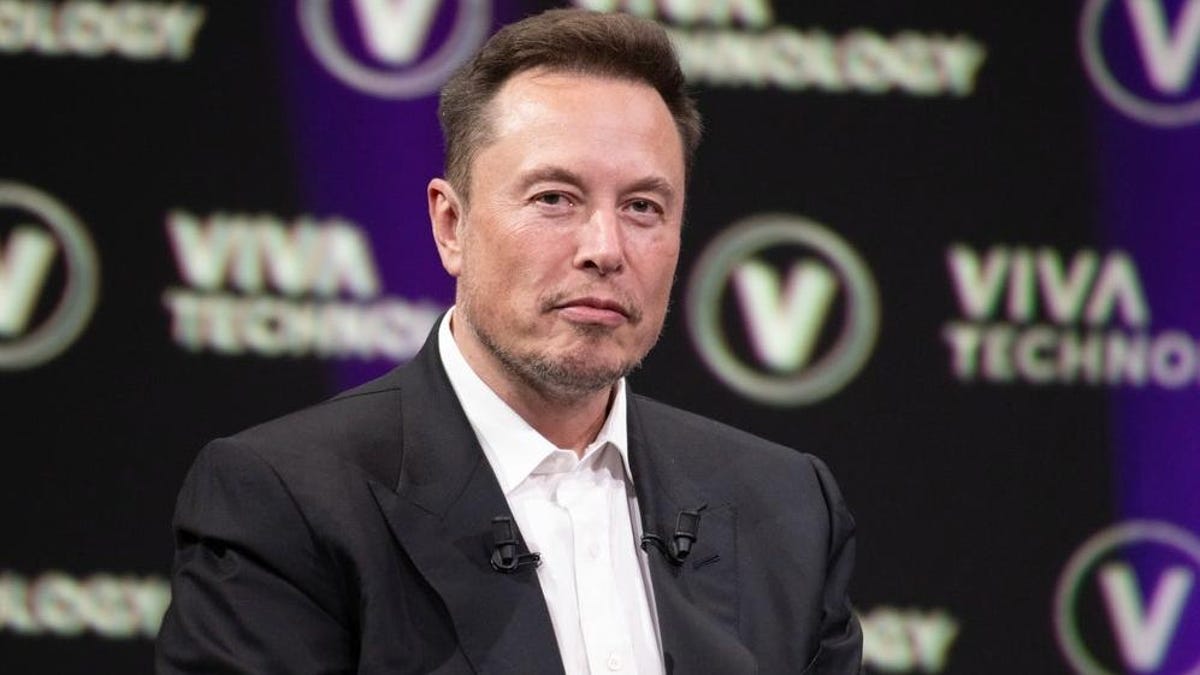Twitter, (recently rebranded as X) appears to be taking another turn for the worse as Elon Musk claimed on Friday that he is removing the Block feature from the app. If Musk goes through with it, users will reportedly still have the option to mute other profiles from appearing on their feeds, but the option to block unwanted followers from seeing your activity may become a thing of the past.
Tesla Owners Silicon Valley, a profile run by Tesla aficionados, asked in a Tweet on Friday: “Is there ever a reason to block vs mute someone? Give your reasons.” Musk replied to the post, claiming: “Block is going to be deleted as a ‘feature,’ except for DMs.”
Aside from his post, Musk has not officially confirmed that the Block feature will be removed, nor has he indicated when or why, simply saying in a follow-up response that the Block feature “makes no sense.”
Musk has been all talk before, such as with his proposed fight against Meta CEO Mark Zuckerberg which ended with no follow through on Musk’s part. However, the ramifications of following through with the fight would hurt only Musk, while eliminating one of Twitter’s key safety features would affect all Twitter users by opening them up to harassment, threats, and stalking.
Musk’s announcement comes as online hate and harassment continues to rise with 52% of adults reporting they have been harassed online in their lifetime, according to an annual survey by the Anti-Defamation League.
“Online hate and harassment is a really serious problem,” Jordan Kraemer, director of research at ADL, told USA Today. “Even when it stays online, it’s hugely damaging and the people to whom it’s the most damaging are often those who are not in a position of power to make the necessary changes.”
Yet, the person who is responsible for making those changes is, in fact, making it worse. More concerns abounded when Musk dismantled Twitter’s Trust and Safety Council. By removing the council Larry Magid, the CEO of children’s safety nonprofit ConnectSafely told Politico: “Twitter will lose the opportunity to learn from a diverse group of experts ranging from free speech absolutists to people who are extremely protective of children and people’s privacy.”
Prior to taking over Twitter in October of last year, Musk addressed employees for the first time in June, raising his alleged worries about harassment on the platform. However, his more concerning comment, was that all content decisions should be determined by whether the content posted on Twitter is entertaining, two unnamed employees told The Washington Post at the time.
The big question is why Musk wants to ditch the option to block people in the first place. Twitter’s advertising revenue is likely a factor in all this. As of mid-July, Twitter has lost more than half of its advertising revenue since Musk took over the company. This has led Twitter to seek out more and more unsavory advertisers that fill timelines with ads for crypto scams and snake oil supplements prompting many users to publicly encourage blocking advertisers. At the same time, a cottage industry of plugins that automatically block users who subscribe to Twitter Blue has popped up in recent months.
If Musk does move forward with removing the Block feature, Twitter is likely to be in violation of Google and Apple’s app store policies which require apps to allow users to block content. Apple’s App Store guidelines page explicitly states that apps must have “the ability to block abusive users from the service.” Likewise, Google’s guidelines say all apps must provide “an in-app system for blocking UGC and users.”

